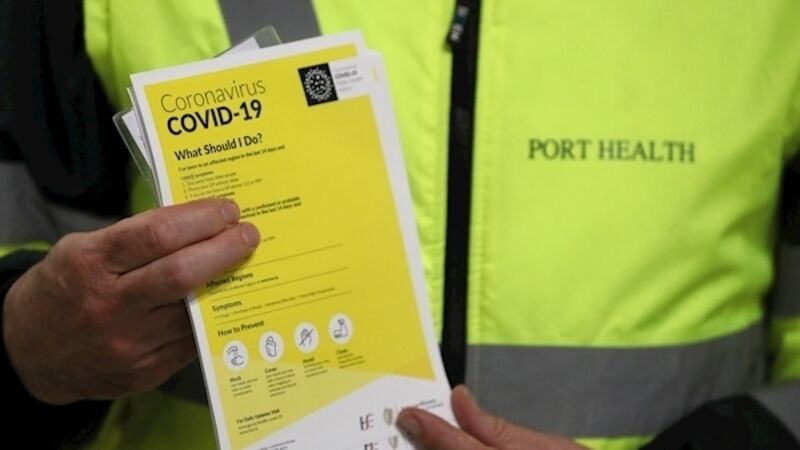Irish Examiner View: Coronavirus legacy - Crisis has taught us some lessons

NOBODY will argue with the fact that the coronavirus pandemic is posing an enormous challenge medically, economically, and socially to every nation affected by it.
Some countries are coping with the crisis better than others by limiting the spread of the virus and keeping the number of deaths to a minimum. But, in the medium to long term, what will matter will be the way we cope with the post-crisis aftermath.
















